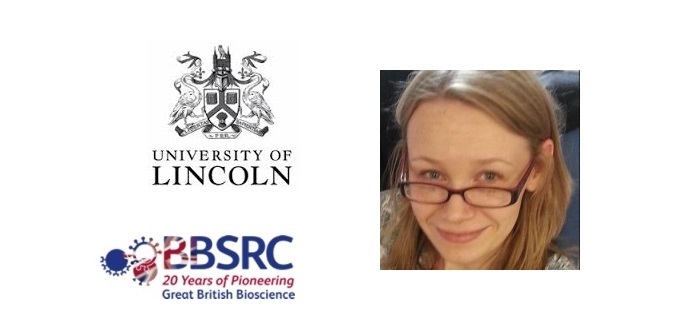The development of a new pig health and welfare monitoring system, to be fitted all-year-round within pig production units, is one of the promised outcomes attached to a £2 million research project to be undertaken by scientists at the University of Lincoln.
The project (called PIGSustain) is part of the UK-based Global Food Security (GFS) programme, which is designed to examine the resilience of the food system by combining all existing data with new scientific studies to accurately build an overview of the entire industry.
“The world human population is expected to rise to 9.6 billion by the middle of this century, with global meat consumption predicted to double within the same time frame,” said principal investigator, Dr Lisa Collins, from the university’s school of life sciences.
“In order to be able to feed this growing population, intensification of our agricultural systems will be necessary, but the sustainability of the industry as it currently stands is threatened by numerous external factors, such as competition for depleting natural resources, climate change, disease and environmental concerns.”
Dr Collins (pictured above) also commented that, at present, the industry doesn’t have a continuous, objective and quantified understanding of the health and welfare of our national pig herd.
“We can’t predict how it will be impacted by future changes to the industry, and we are unable to tell how resilient the UK pig industry is as a whole,” she said, adding that the new study we will address all of these uncertainties.
In addition, as part of the project’s drive to track the health and welfare of pigs on farms year-round, the university’s Professor Nigel Allinson, from the school of computer science, has been given the task of devising a new monitoring system which can be installed within pig pens. The aim is that the system, once developed, will provide detailed, real-time measures of health and welfare on-farm which are “currently lacking”, according to the project team leaders.
“Representatives of the pig industry have highlighted the urgent need for a system which efficiently and accurately collects this information on a continuous basis to supplement occasional vet consults,” they said, adding that the new system will be equipped to collect details of pigs’ wellbeing, providing users with a clear understanding of how on-farm health and welfare measures match up against those observed at abattoirs.
“This system will be developed with a view to making it commercially available so that farmers and vets can continuously monitor their pigs,” they said, adding that the work will push the boundaries of current scientific and social scientific knowledge in many different directions.




